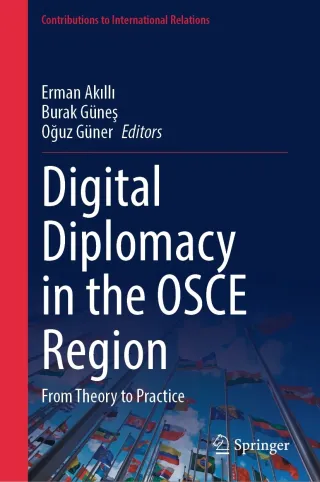Titolo completo
Diplomacy and Challenges in the Digital Age: The Italian Case Study
Diplomacy is crucial to meeting the challenges of the digital age: it poses new challenges, but certainly not retiring ambassadors and diplomats. Indeed, diplomacy is called to the rescue precisely because of the evolution of technology and the challenges it poses to the international community. Technology and the use of social media have also changed relationships in the diplomatic network. Although direct and personal connections between political leaders have increased in number and intensity, ambassadors and diplomats are still there to negotiate, mediate, and try to build bridges between nations and their peoples, to write reasoned, objective reports untethered from the urgency of timely information that now travels at the speed of light thanks to the media. It is also important for the relationship between digital diplomacy and security, values of democracy, privacy, defence, and foreign policy. This chapter analyses the evolution of diplomacy conducted by the Italian Minister of Foreign Affairs, through Farnesina’s activities within the communication with international organisations, specifically within the OSCE. The chapter evaluates the minister’s communication through social media and the evolution of negotiations in an always more fragmented world where global governance and multilateralism remain crucial. The final aim of the chapter is to evaluate the importance of cyberspace both as a challenge and as a major opportunity, spanning all sectors, from the economy to security and the protection of rights.


